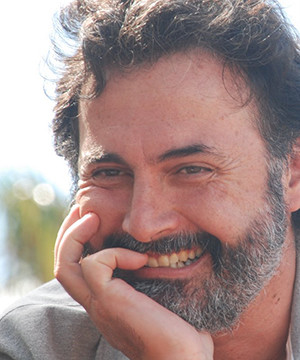Note from Storm: “If you are involved in ecological restoration, you are involved in restorative justice.” These are the words of Cormac Cullinan, director of Cullinan & Associates, in Cape Town, South Africa, and author of the 2012 book, Wild Law, now in its second printing.
He is interviewed here in the newsletter of one of my favorite companies on the planet: Biohabitats. Here are a few more excerpts:
Many indigenous legal systems have the concept of “restorative justice.” They understand the world as being composed of relationships between members of the community. When there is a problem, or somebody does something which the community regards as wrong, this is understood as something which has damaged a relationship, and the most important thing to is restore the quality of that relationship. The emphasis is far less on punishment and much more on healing the relationship so that the health and integrity of the community is restored.
Reconciliation pillar outside entrance to the Apartheid Museum in Johannesburg Reconciliation pillar outside entrance to the Apartheid Museum in Johannesburg
Restorative justice was demonstrated in the transition from apartheid to democratic South Africa with the Truth and Reconciliation Commission established under the leadership of Archbishop Desmond Tutu.
Restorative justice is an incredibly powerful concept, and it is particularly important in an environmental context. If someone pollutes a river and you send that person to prison, it may deter others from polluting, but it doesn’t’ help the river. The most important thing is to restore the quality of the river and a relationship of respect between humans and rivers.
If you are involved in ecological restoration, you are involved in restorative justice. As a species, we have to do what we can to heal the earth and ensure that new harm doesn’t occur.
I am very hopeful that people working in these different areas can begin to recognize their common interests and recognize that if the Universal Declaration of the Rights of Mother Earth were enforced everywhere, a large amount of society’s resources would be devoted to restoring ecological systems to health.

